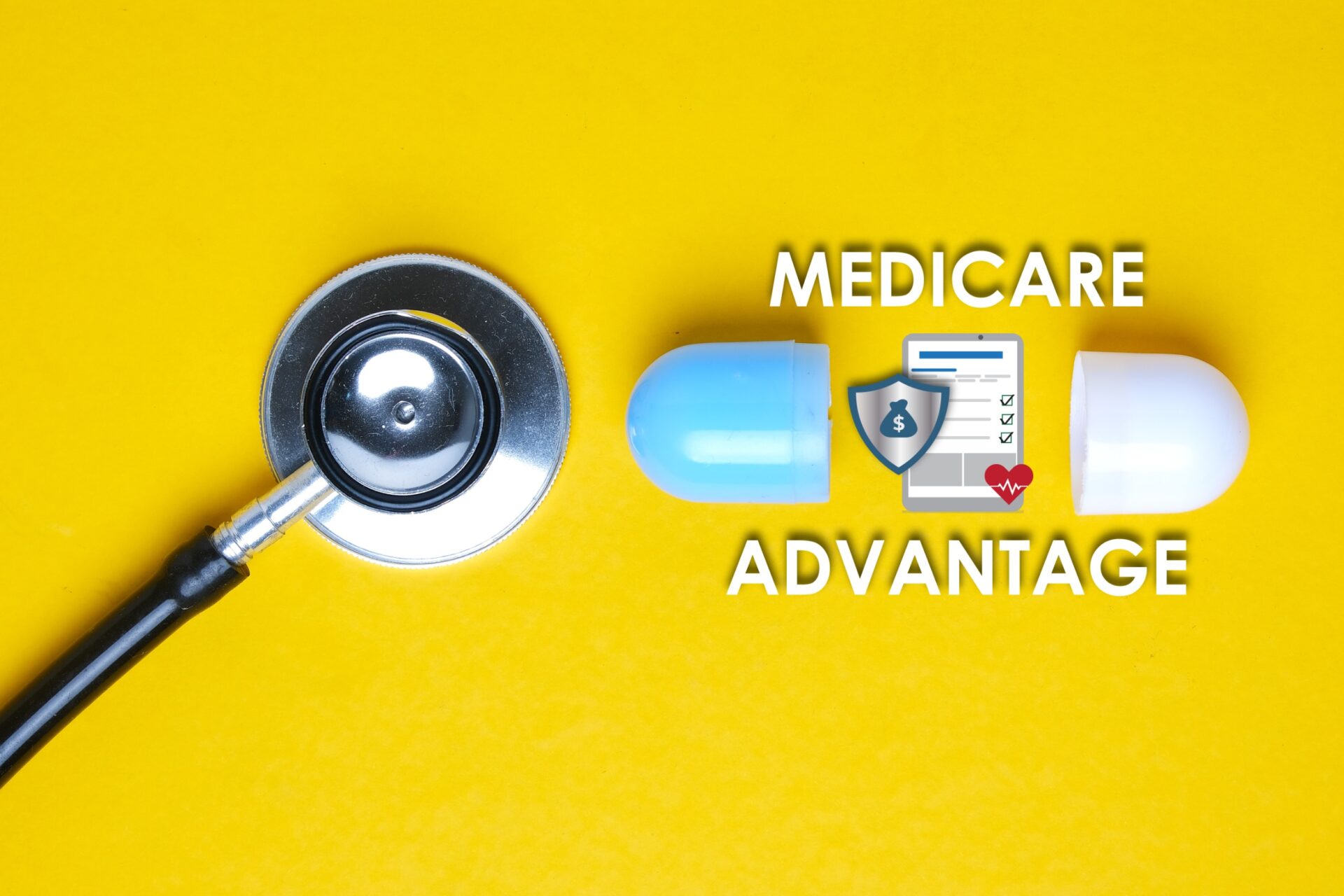Diabetes affects the lives of over 37 million Americans. Of those people aged 65 and older, nearly one-third have type 2 diabetes.
Suppose you are a senior suspecting that you may have diabetes, live with prediabetes, have been diagnosed with diabetes, or have been living with diabetes for several years. In that case, you deserve the best treatment and care available. Keep reading to learn why Medicare Advantage is a better option for you in comparison to fee-for-service (FFS) Medicare.
What Are the Different Types of Diabetes?
Diabetes is a chronic medical condition that affects how your body regulates blood sugar (glucose). There are several different stages and types of diabetes, with the most common being type 1 and type 2 diabetes.
Here are the different stages and types of diabetes:
Prediabetes: This is not a type of diabetes but a condition in which blood sugar levels are higher than normal—but not high enough to be diabetes. Prediabetes is a warning sign that you’re at risk of developing type 2 diabetes. Lifestyle changes, such as an improved diet and increased physical activity, can often prevent or delay the progression of type 2 diabetes.
Type 1 Diabetes: This is a chronic condition wherein the pancreas makes little or no insulin, which is essential for glucose to enter cells to produce energy.
Type 2 Diabetes: This is the most common form of diabetes. It often develops in adulthood, though it’s increasingly being diagnosed in children and adolescents. In type 2 diabetes, the body’s cells become resistant to the effects of insulin, and the pancreas may not produce enough insulin to maintain normal blood sugar levels. Management may involve lifestyle changes, oral medications, and/or insulin.
Medicare Advantage vs. FFS Medicare


A recent study by Avalere Health found that Medicare Advantage patients with diabetes experience superior outcomes. These include higher rates of filling their prescription medications, fewer inpatient hospitalizations, reduced visits to the emergency department, and lower overall healthcare expenditures compared to diabetes patients in the traditional fee-for-service (FFS) Medicare program.
Additionally, the research revealed that individuals with prediabetes who eventually developed type 2 diabetes received their diagnosis at an earlier stage in Medicare Advantage compared to FFS Medicare. Furthermore, their diabetes severity score was lower.
The study also found that Medicare Advantage beneficiaries with chronic diabetes underwent kidney disease testing more frequently and required dialysis less often compared to those in FFS Medicare.
The Potential Limitations of Medicare Advantage
A recent study by the University of Pittsburgh School of Medicine has drawn attention to a potential limitation of Medicare Advantage plans.
Patients on Medicare Advantage plans were less likely to be prescribed newer, more expensive medications for diabetes management, such as glucagon-like peptide-1 receptor agonists (GLP-1RA) and sodium/glucose cotransporter-2 inhibitors (SGLT2i).
The Indisputable Benefits of Medicare Advantage
Despite these findings, it is worth drawing attention to several standout aspects of Medicare Advantage.
The Focus on Preventive Care
Patients with diabetes enrolled in Medicare Advantage plans are more likely to receive preventive treatments, which include services like tobacco cessation, foot care, and various screenings. This is undoubtedly a positive aspect of Medicare Advantage plans, as prevention is key to managing chronic conditions like diabetes and preventing complications.
Affordability
It is important to note that the study found that older, generic diabetes medications, such as angiotensin-converting enzyme (ACE) inhibitors and angiotensin receptor blockers (ARBs), were appropriately prescribed to Medicare Advantage beneficiaries. This means that Medicare Advantage patients receive the treatment they need, when they need it.
Prediabetes and diabetes patients enrolled in Medicare Advantage (MA) experienced lower total healthcare costs compared to patients in fee-for-service (FFS) Medicare across various time intervals.
According to the Avalere Health study, for patients with prediabetes, the average annual medical expenses per patient were 10-13% lower in MA than for FFS patients. Within the incident diabetes cohort, the difference in average annual medical spending per patient between MA and FFS decreased over time. MA spending was 31% lower than FFS at the beginning of the study, decreasing to 15% lower by the end.
For patients with chronic diabetes, the average annual medical spending per patient in MA was 20% lower than that of matched FFS patients at the beginning of the study and 15% lower later on.
Tips for Seniors with Diabetes
If you are a senior living with diabetes, there are several beneficial practices that you could incorporate into your lifestyle.
Healthy Eating: Follow a balanced, diabetic-friendly diet rich in vegetables, whole grains, lean proteins, and healthy fats. Limit sugar and processed foods.
Portion Control: Pay attention to portion sizes to manage your carbohydrate intake effectively.
Physical Activity: Engage in regular physical activity like walking, swimming, or low-impact exercises to help control blood sugar levels and improve overall health.
Foot Care: Inspect your feet daily for any cuts, sores, or blisters. Wear comfortable and supportive shoes to prevent foot problems.
Stress Management: Find stress-reduction techniques like deep breathing, meditation, or hobbies to keep stress levels in check.
Hydration: Stay well-hydrated by drinking plenty of water throughout the day.
Emergency Plan: Create an emergency plan that includes contact information for your healthcare team and loved ones in case of severe blood sugar fluctuations.
Travel Preparations: When traveling, carry extra supplies, medication, and a letter from your healthcare provider explaining your condition and needs.
Educate Caregivers: If you have caregivers, make sure they are aware of your needs, medications, and emergency procedures.
Keep Learning: Stay informed about diabetes by attending educational workshops and keeping up to date with the latest advancements in diabetes management.
At HealthMarkets Insurance – Eric Zawicki, we are committed to helping you navigate diabetes as a senior by helping you find a Medicare Advantage plan tailored to your budget and needs. We are proud to work with nationally recognized health insurance companies. We have a broad network of contacts to find you the right insurance policies at affordable prices. Contact us today to get started.


